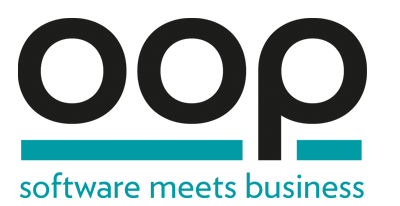- Login
- Deutsch
- Contact
- Newsletter

Conference Program
Please note:
On this page you will only see the English-language presentations of the conference. You can find all conference sessions, including the German speaking ones, here.
The times given in the conference program of OOP 2023 Munich correspond to Central European Time (CET).
By clicking on "VORTRAG MERKEN" within the lecture descriptions you can arrange your own schedule. You can view your schedule at any time using the icon in the upper right corner.
Track: Inspect & Adapt
- Dienstag
04.07.
When the Agile movement began, it started with the term “lightweight processes”. Lean was closely interwoven with some of the approaches and very often referred to in the general discussion – nowadays you hardly ever read about it.
If you really want to use “Agile” approaches for more than just pushing notes over the wall, or holding meetings as ceremonies, a look at Lean is not only helpful, but actually inevitable which we will present in this talk. We’ll also put them in the context of…
AI is being used every day to power sustainability efforts. We will look at a few areas where we have direct experience working with agriculture, oil and gas, and transportation companies to reduce their carbon footprint and their energy consumption, as well as their risk of systemic failure. We will also talk about the inherent risks of using AI in the sustainability domain, where human-machine interactions are the strongest. We will review some Responsible AI best practices that we have used.
…
Can you relate to that ambiguous desire to “actually DO something” while – at the very same time – feeling an irresistible urge to “just hide under a blanket until 'this' all is over”?
I can!
In uncertainty, we humans all too often oscillate somewhere between ‘numbing’ and ‘over-action’. Yet, crises always bear something new, something that wants to be uncovered and tended – besides all the easily visible “unwanted” things.
Join us, in (my) search of sustain-ability.
But: be prepared to be…
